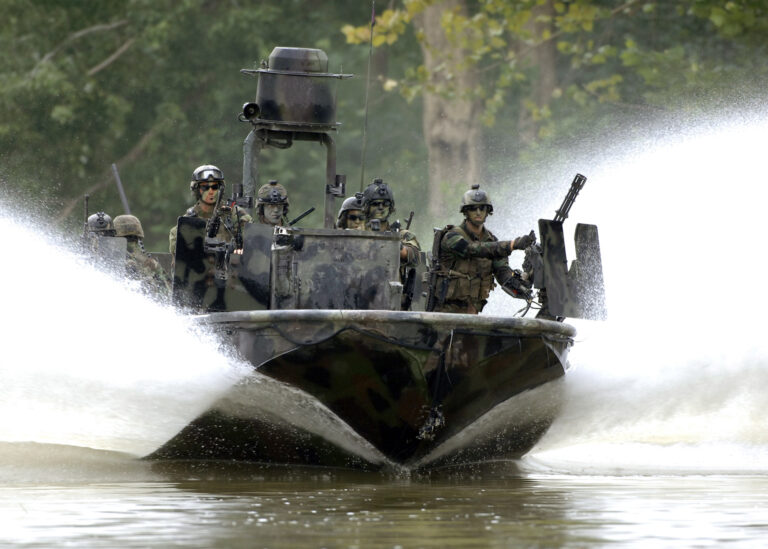
The INVICTA Project commends the Department of Defense for its newly launched evaluation of policies and procedures for identifying, evaluating, and treating traumatic brain injury (TBI) among Naval Special Warfare Combat Crewmen. This long-overdue initiative—outlined in Project No. D2025-DEV0HB-0129.000—reflects a serious and commendable effort to address one of the most persistent and often overlooked injuries affecting America’s elite warriors.
As Dr. William E. Morgan, President of Parker University and a former Special Operations Technician, notes: “Traumatic brain injury… remains one of the most underdiagnosed and undertreated conditions affecting this community.” Drawing on his firsthand experience in both operational and clinical settings, Dr. Morgan identifies often-ignored contributors to TBI such as the prolonged impact from high-speed boat insertions and breaching operations. These daily exposures can result in cumulative mild TBI that undermines both mission performance and long-term health.
Dr. Morgan’s concern that “traditional screening methods often fail to detect the subtle but significant neurological disruptions seen in this population” mirrors The INVICTA Project’s mission to champion more advanced, accessible, and integrative TBI care for veterans and first responders. We support Parker University’s call for greater awareness, early intervention, and long-term support. Their interdisciplinary approach—including functional neuroimaging, vestibular rehab, and neuromodulation—is precisely the kind of comprehensive care model that the Department of Defense should examine as it evaluates systemic gaps.
The INVICTA Project is proud to stand with leaders like Dr. Morgan and institutions like Parker University as advocates for smarter, science-driven solutions. As the Department of Defense undertakes this critical evaluation, we welcome collaboration with The INVICTA Project and Parker University’s soon-to-launch Human Performance Center. Together, we can strengthen recovery pathways and ensure that no service member bears the burden of traumatic brain injury alone.
